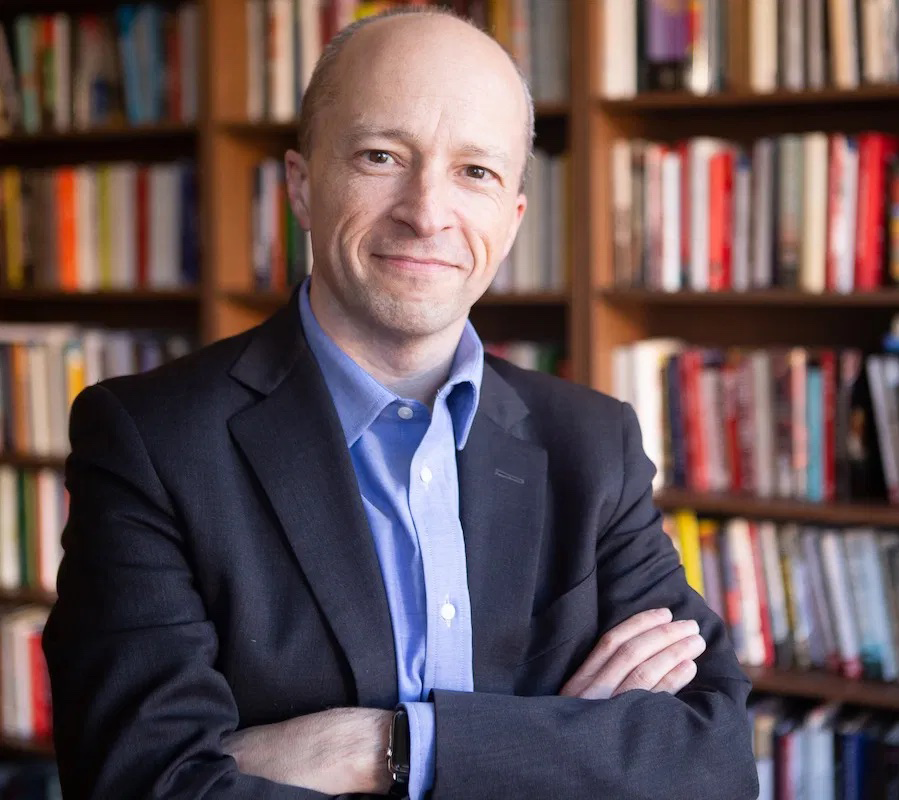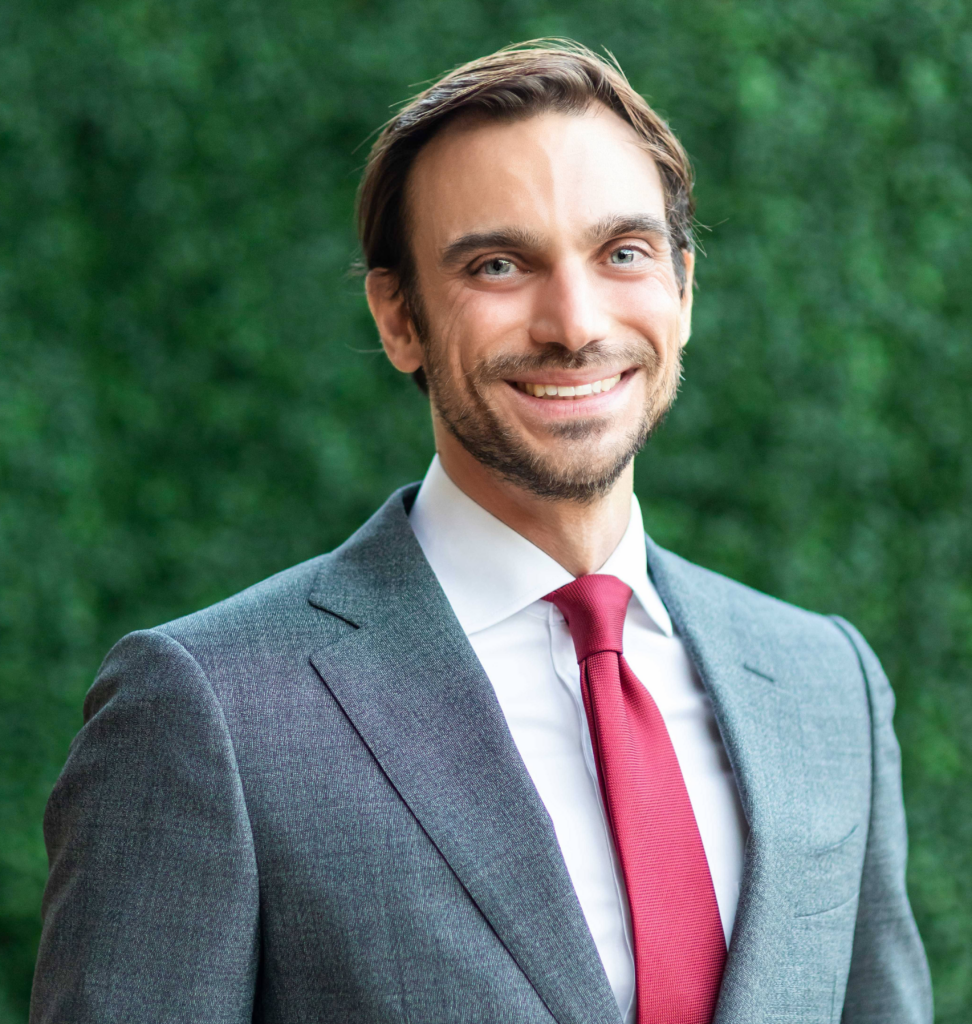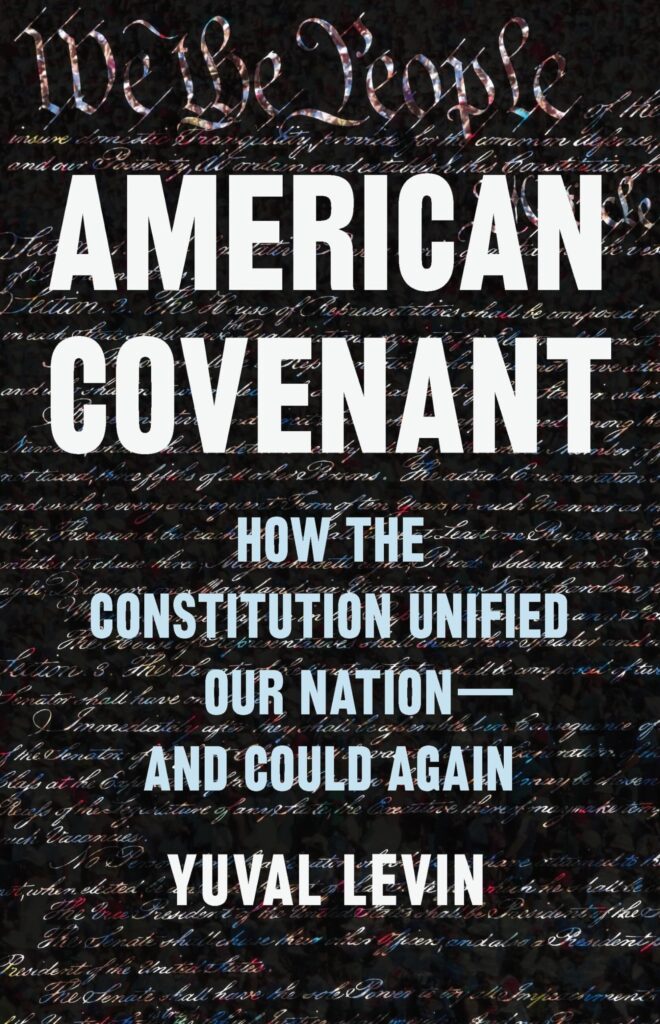The Constitution and American Unity, with Yuval Levin
At a time when Americans seem more divided than ever, author Yuval Levin offers a compelling argument for how we can rebuild a shared national identity.

Levin, the director of Social, Cultural, and Constitutional Studies at the American Enterprise Institute, joined the O’Connor Institute to discuss his latest book, American Covenant, which examines the Constitutional foundations of American unity. He argues that the Constitution is more than a framework for government — it is a foundation for national cohesion, provided we remain committed to its principles. What can the Constitution teach us about restoring trust, civic responsibility, and the bonds that hold a diverse democracy together?

About the Speaker

Yuval Levin, PhD, is the director of Social, Cultural, and Constitutional Studies at the American Enterprise Institute (AEI), where he also holds the Beth and Ravenel Curry Chair in Public Policy. The founder and editor of National Affairs, he is also a senior editor at The New Atlantis, a contributing editor at National Review, and a contributing opinion writer at the New York Times. Dr. Levin served as a member of the White House domestic policy staff under President George W. Bush. He was also executive director of the President’s Council on Bioethics and a congressional staffer at the member, committee, and leadership levels.
Liam Julian | Moderator

Liam Julian is Chief of Programs & Public Policy at the Sandra Day O’Connor Institute for American Democracy. He was previously managing editor of Policy Review magazine in Washington, D.C., and a research fellow at Stanford University’s Hoover Institution. His writing and commentary on public policy have appeared in publications such as The Washington Post, The Atlantic, National Review, and RealClearPolitics, and on NPR programs including Morning Edition and All Things Considered. He also directed development of Advanced Placement curricula at the College Board, including leading the redesign of the AP U.S. Government and Politics course.


